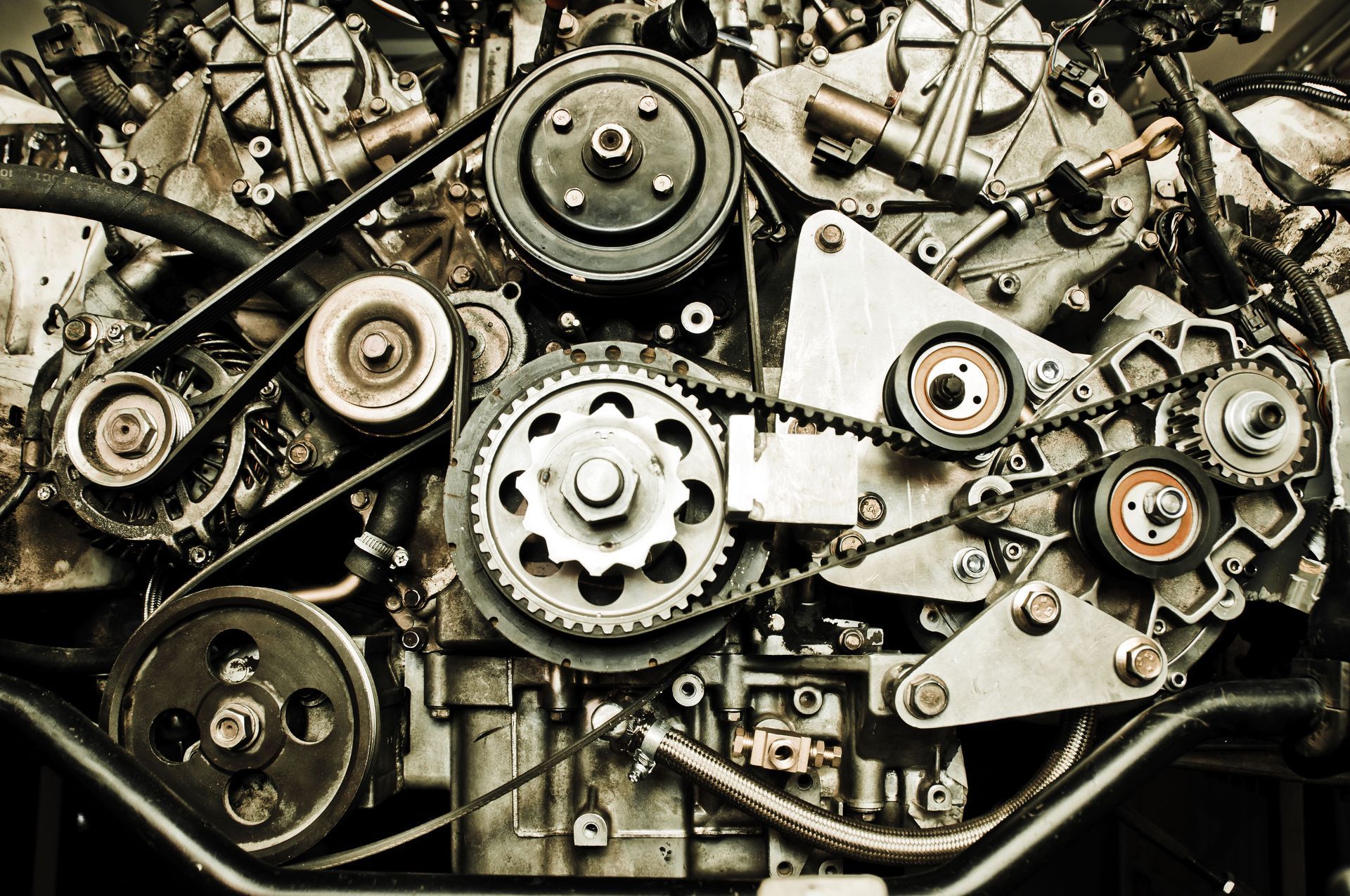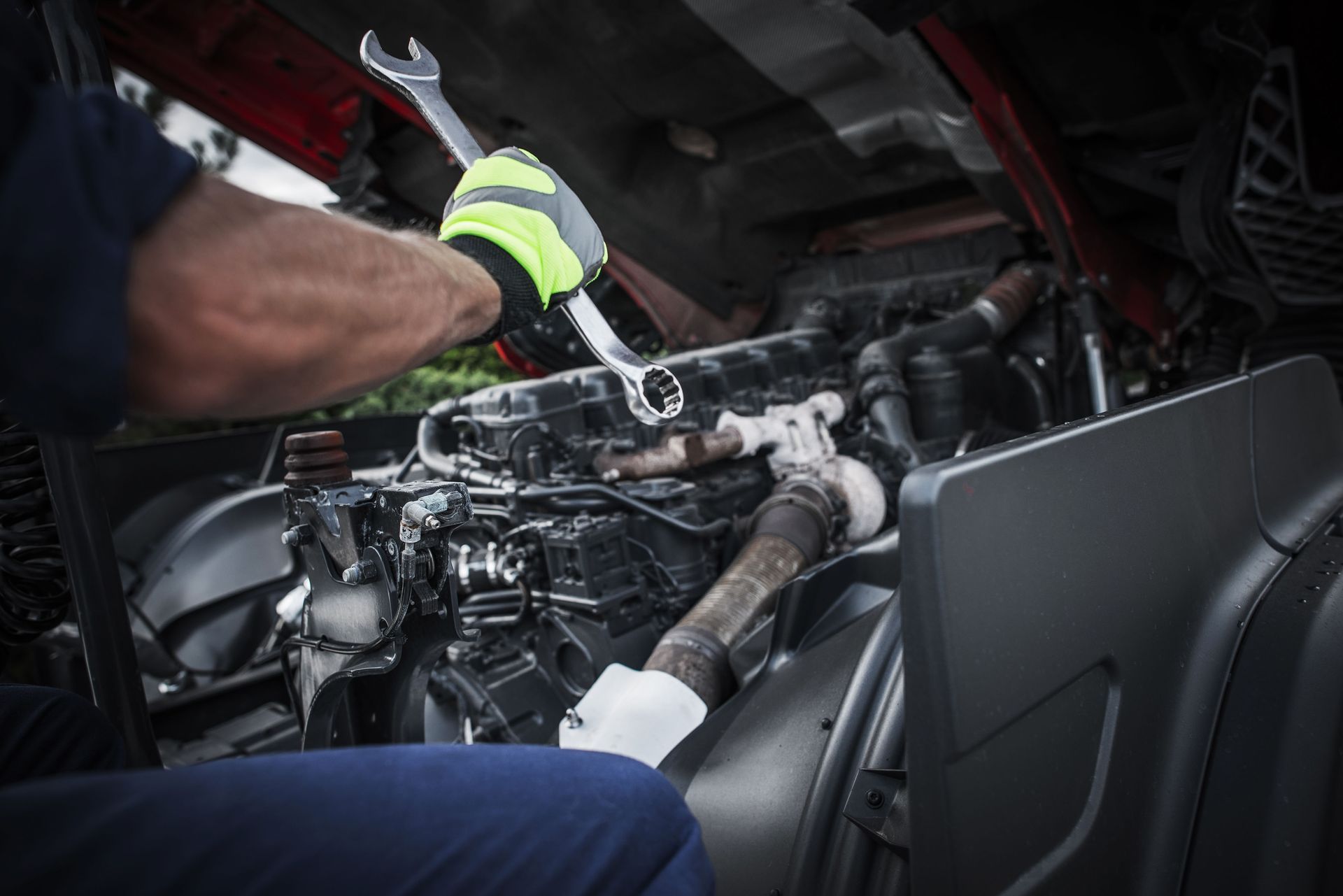How Often to Wash Your Semi Truck for Maximum Performance and Longevity
Semi trucks are the backbone of the transport industry, and maintaining their cleanliness is vital. Regular washing of these vehicles goes beyond mere aesthetics, serving critical roles in maintenance, safety, and compliance with regulations. This article will delve into why a regular semi truck wash is necessary and how often they should occur.
The Need for Regular Maintenance
Regular maintenance, including thorough washes, is fundamental to prolonging the life of semi trucks. By keeping grime and debris off the vehicle's surfaces, wear and tear are minimized, helping critical components last longer. Clean surfaces are less prone to rust and corrosion, which is crucial for both operational efficiency and reducing repair costs. A regular wash helps identify potential problems like leaks or abnormal wear that can affect a truck's longevity. In an industry with approximately 2.97 million semi trucks, according to the Federal Highway Administration, maintenance is key to ensuring each vehicle's long service life.
Safety is paramount in the operation of semi trucks, making adherence to safety regulations critical. Clean trucks present fewer safety hazards; for instance, visibility is enhanced when mirrors and glass surfaces are free of debris. Regulations often mandate that safety features and identification markers remain visible, achievable through consistent washing. Regular cleaning also helps identify mechanical issues early, which could otherwise lead to dangerous situations on the road. Ensuring cleanliness aligns with the safety measures required by different regulatory bodies and keeps operators on the right side of compliance.
A clean semi truck serves as a moving advertisement for the company it represents. A vehicle's appearance reflects the care and professionalism of a business, impacting how clients and the public perceive it. Well-maintained fleets attract attention for the right reasons, strengthening brand image and fostering trust. Conversely, dirty vehicles may project negligence, potentially impacting client relationships negatively. Making regular washes a part of business strategy supports a company's branding efforts significantly.
Environmental Considerations
The frequency of washes required for semi trucks is often dictated by surrounding weather conditions. In areas with heavy rainfall or snow, vehicles are likely to get dirtier faster, necessitating more frequent cleaning. Similarly, trucks operating in dry, dusty environments may also require more regular washes to maintain both function and appearance. Seasonal changes can also play a role in how often washes are needed, as certain weather conditions promote the build-up of grime and corrosive elements. Thus, weather plays a pivotal role in formulating an effective washing schedule for semi trucks.
Different climates impose unique challenges on the maintenance of semi trucks. In colder climates, road salts can lead to rapid corrosion, making frequent washes essential during winter months. Warmer and humid areas pose their own threats, such as mold and mildew in the cab interiors if not regularly cleaned. Desert regions expose trucks to high levels of dust, leading to air intake clogs and reduced visibility. Tailoring wash schedules to the specific climatic challenges faced can greatly enhance a vehicle’s durability and performance.
Road conditions and pollutants heavily influence the necessity for regular washing of semi trucks. High traffic areas may result in a build-up of grime and oil deposits on the vehicle, obscuring lights and signage. In agricultural or construction zones, vehicles often encounter mud and debris, further emphasizing the need for consistent cleaning routines. Accumulated pollutants not only affect the truck's aesthetic but can also contribute to mechanical degradation over time if not addressed. Therefore, recognizing and responding to these road-induced dirt challenges is fundamental for maintaining truck cleanliness and performance.
Economic Factors
Investing in regular washes for semi trucks should be viewed through a cost-benefit lens. Although there are expenses associated with frequent cleanings, they often result in long-term savings by preventing costly repairs. A well-maintained truck will encounter fewer mechanical issues, thus reducing the risk of expensive breakdowns. Moreover, by extending the vehicle's lifespan, regular cleaning may defer the need for significant capital expenditures on replacements. Therefore, the economic argument strongly favors routine washes, aligning immediate spending with prospective gain.
The resale value of a semi truck is significantly influenced by its condition, of which cleanliness is a clear indicator. A vehicle that shows consistent upkeep, free from rust and with clear, functioning systems, commands a higher market value. Potential buyers are more attracted to trucks that are evidently well-maintained, providing higher returns to owners upon resale. Washing is a key component in maintaining the resale appeal of vehicles, serving both cosmetic and functional interests. In an industry with millions of active trucks, presenting a clean, well-kept fleet supports competitive positioning in the used market.
Operational efficiency in semi trucks can be compromised by neglected cleaning routines. A buildup of dirt and grime increases wind resistance, which can negatively affect fuel efficiency. By meticulously cleaning trucks, operators can ensure that vehicles run smoothly and economically. This form of maintenance supports maximum fuel savings, reducing costs associated with fuel waste. Thus, regular washing is integral not just for the appearance but for sustaining operational cost efficiency within transport businesses.
Industry Standards and Recommendations
Trucking associations offer recommendations that serve as benchmarks for fleet maintenance practices. Compliance with these guidelines ensures that trucks meet industry standards while safeguarding against potential legal issues. Membership in such associations also tends to provide access to educational resources, best practices, and networking opportunities for operational improvement. Exploring these guidelines equips operators with insights conducted across large fleets, offering practical advice for routine operations. Understanding these recommendations in depth enables truck operators to align with industry regulations effectively.
Vehicle manufacturers typically offer specific maintenance guidelines, including recommended washing frequencies for optimal performance. Adhering to these protocols ensures vehicles operate as intended and warranty conditions are maintained. Manufacturer insights also detail the most suitable cleaning materials and methods for each vehicle type, safeguarding against damage. Regular washes in accordance with these recommendations help preserve vehicle integrity and reliability. Consulting these guidelines supports informed decision-making in maintenance procedures, enhancing the longevity of semi trucks.
Methods and Techniques for Effective Cleaning
Both manual and automatic washes serve important roles in the cleanliness of semi trucks. Manual washes allow for targeted cleaning and detailed attention to hard-to-reach areas, ensuring thorough coverage. Conversely, automatic washes offer convenience and speed, often suitable for routine cleanings where time is of the essence. Choosing between these methods depends on specific needs, with manual washes favored for intensive cleaning and automatic for regular upkeep. Both methods present distinct advantages depending on situational requirements and operational constraints.
Selecting appropriate detergents and cleaning tools is vital for effective washing routines. It is essential to use cleaners specially formulated for vehicle exteriors, ensuring that paint and finishes are protected from wear. Brush quality and pressure settings in cleaning systems also influence the cleaning outcome, requiring careful selection of components. Aligning tools and solutions with specific cleaning tasks helps achieve comprehensive wash results. Correct equipment choice prevents damage and aligns with long-term maintenance goals, preserving the vehicle's appearance and functionality.
The importance of a regular semi truck wash cannot be understated, touching on aspects of longevity, safety, and cost-saving measures. Understanding the influence of environmental, economic, and regulatory factors highlights the need to balance frequent cleanings with operational realities. By establishing a thorough understanding of the necessary cleaning practices and impacts, operators can ensure optimal fleet performance and efficiency with long-lasting benefits. Contact Dallas Super Truck Wash & Lube today for more information.




Share On: